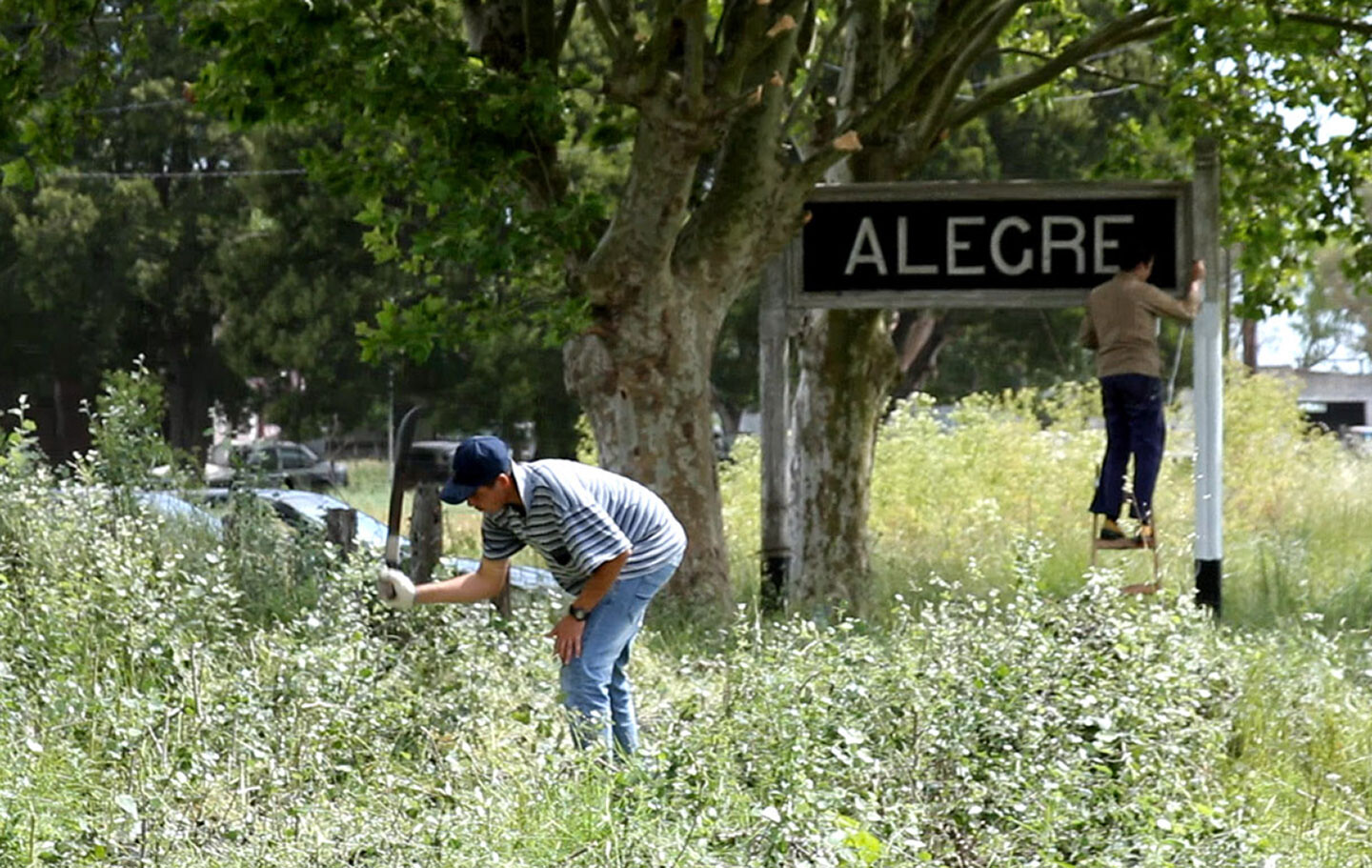In their collective formations, postcrisis practices in Argentina paralleled larger changes in social movements towards self-organization, and horizontalidad, or horizontality. Marina Sirtin defines horizontality as “a form of direct decision making that rejects hierarchy and works as an ongoing process.” Horizontalism and self-organization imply modes of production that no longer depend on the government for help—although some such groups received funding from Néstor and Cristina Fernández de Kirchner’s successive administrations. ABTE adapted two horizontalist characteristics: leaderless organization and the performance of extra-governmental services. Yet ABTE’s labor was artistic precisely insofar as it was no longer necessary, existing in the breach between past and present. The group sidestepped a neoliberal reading of horizontalism as proof of the “resilience” of groups left to subsist without government support, which ironically justifies further reduction of state services. It also refuses any reading of “social practice” as proof that contemporary art might supplement development or services that a state could provide.
